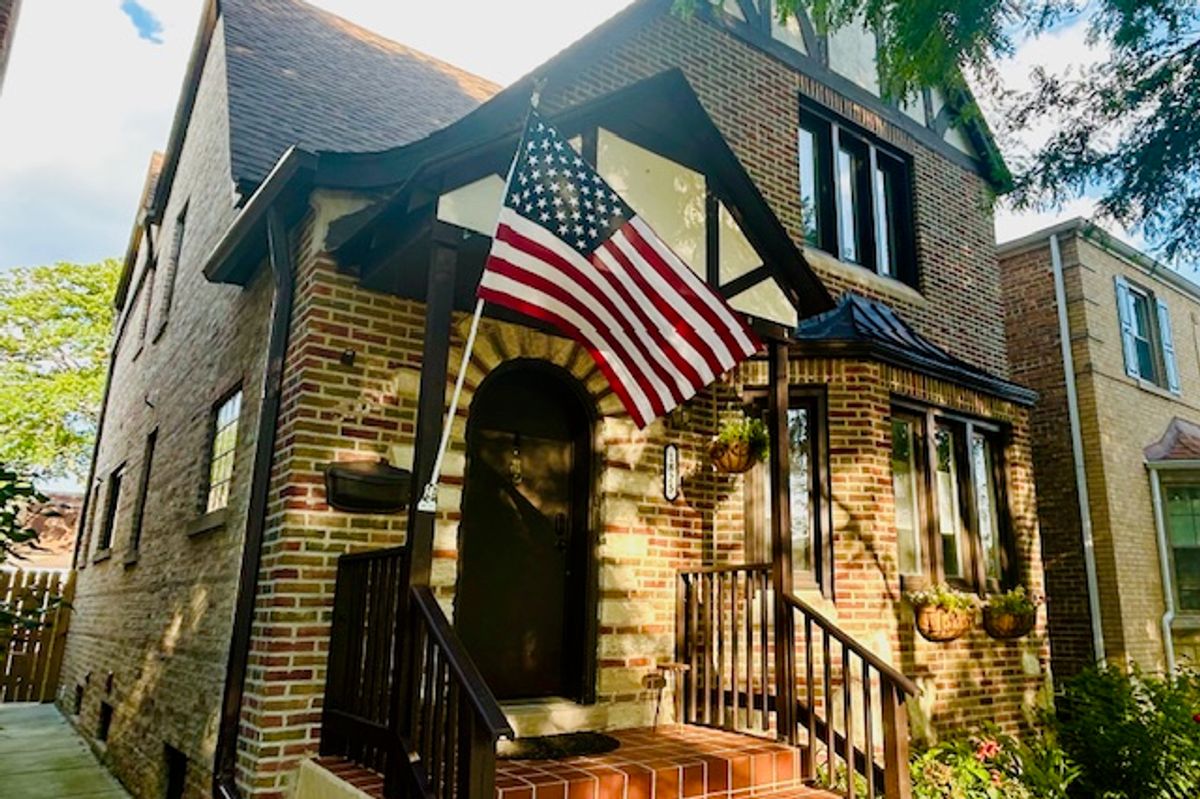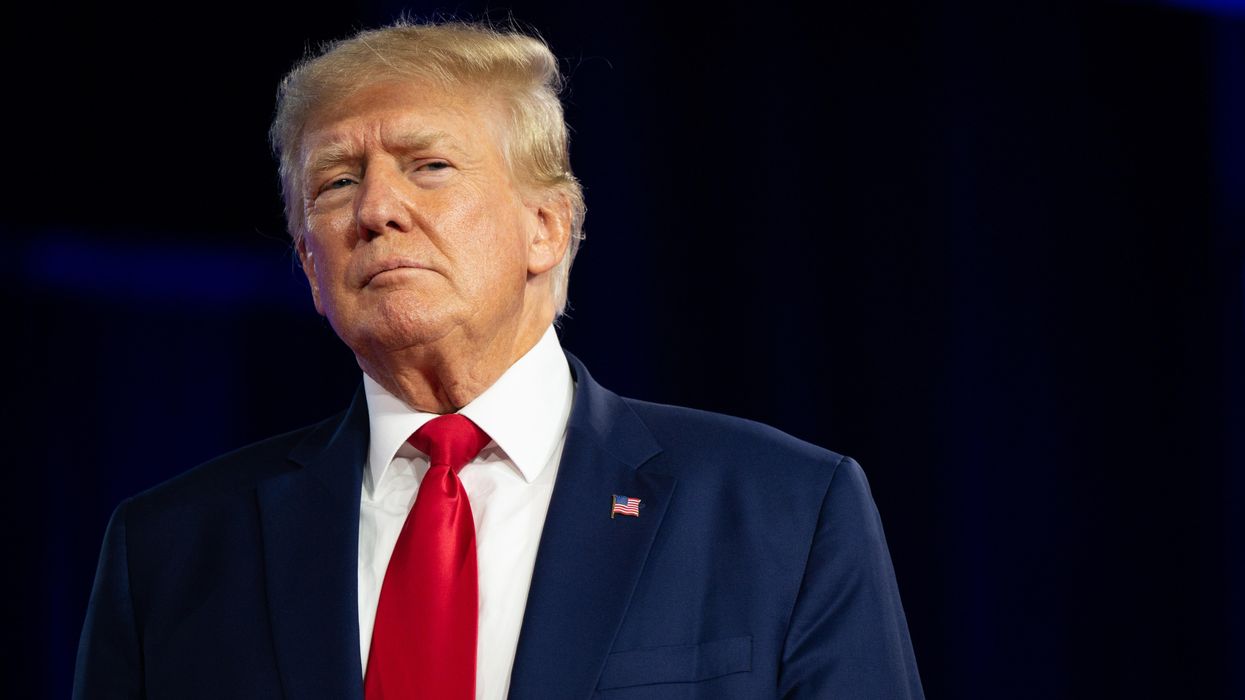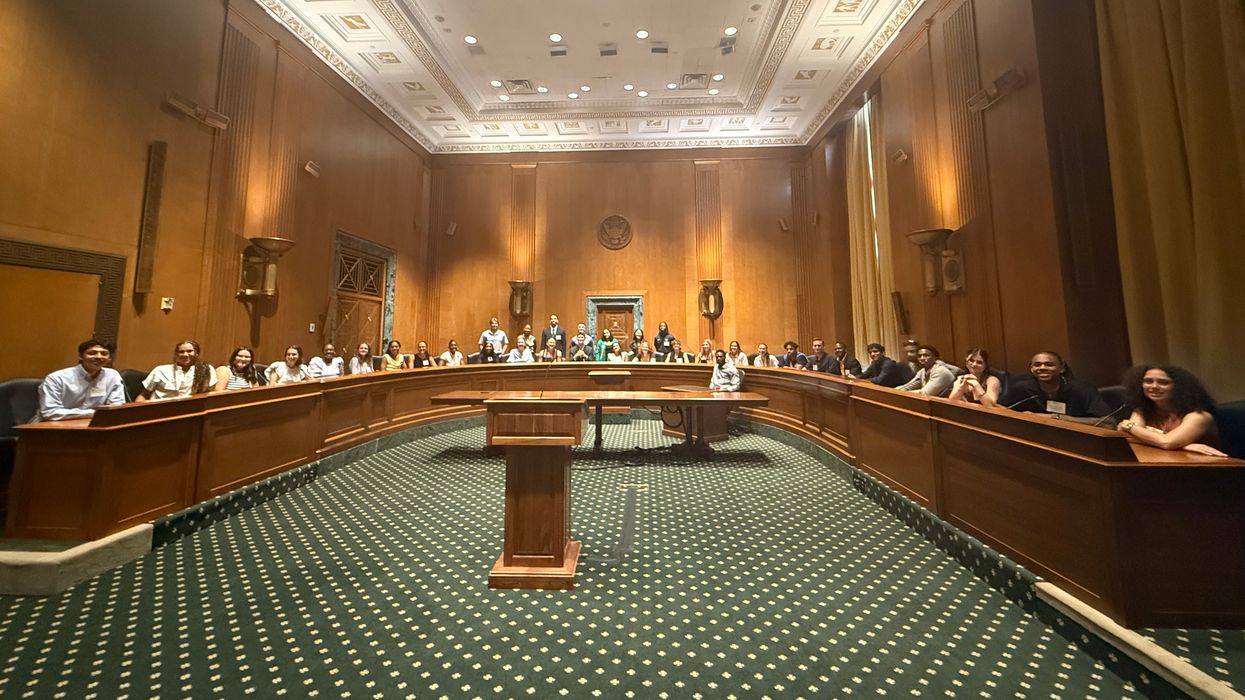Republicans believe they have gathered sufficient support from Mainers to stop the nation's first use of ranked-choice voting for president this fall.
Maine is the only state in the country that uses the alternative election system for all its elections, but since that decision was made four years ago the process has faced a succession of lawsuits and legislative drives to limit its reach or abandon it outright.
The nationwide debut of so-called RCV in a presidential election had been set for the next awarding of Maine's four electoral votes. But on Monday the state GOP submitted 72,000 signatures, about 4,000 more than required, on a petition mandating something else: a referendum in November on whether to use ranked voting in future presidential contests, which would mean it would not get used this time.
The effort, Maine GOP Executive Director Jason Savage said, "has always been about restoring the sanctity of our election process, preserving the bedrock American principle of 'one person, one vote.'"
Democrats dispute that argument, and are joined by a growing chorus of good-government groups and democracy reform advocates in advocating for RCV as a way to produce more consensus-driven politics and eliminate the notion that candidates who aren't in red or blue uniforms will always be spoilers.
Under RCV, voters rank candidates in order of preference, and if no one is No. 1 on a majority of ballots then secondary choices come into play in a series of instant runoffs until one candidate emerges with more than 50 percent support.
Republicans have never much liked RCV but have been vigorously fighting it since 2018, when the method proved dispositive in a congressional contest for the first time — with the GOP incumbent, Bruce Poliquin, losing to Democrat Jared Golden after first-place votes for minor candidates were redistributed.
This year's referendum is known as a people's veto. If the signatures are verified by the secretary of state in the next 30 days, the referendum that goes on the ballot would not address the continued use of RCV in the state's other races — this year headlined by Golden's tight bid for a second term and a tossup Senate contest between GOP incumbent Susan Collins and Democratic state House Speaker Sara Gideon.
But the state GOP says that if Mainers back out of using RCV for president, a campaign to repeal the system statewide will be launched immediately in the Legislature. Those prospects look dim so long as Augusta remains in Democrats' control.
Recent history suggests RCV could alter this year's presidential results. Hillary Clinton carried the state with a 48 percent plurality in 2016, meaning an instant runoff would have happened, but her 22,000 margin over Donald Trump statewide was less than the 38,000 votes for Libertarian Gary Johnson. There's no clear data about who would have won most of Johnson's second-place votes.
Trump also carried one of the House districts with 51 percent, securing him a single Maine electoral vote because the state's allocations are different from the winner-take-all rules almost everywhere else.




















 Stanley Borden of Duke University presents his project at the Engaged Athlete Forum.Kristina Becvar
Stanley Borden of Duke University presents his project at the Engaged Athlete Forum.Kristina Becvar